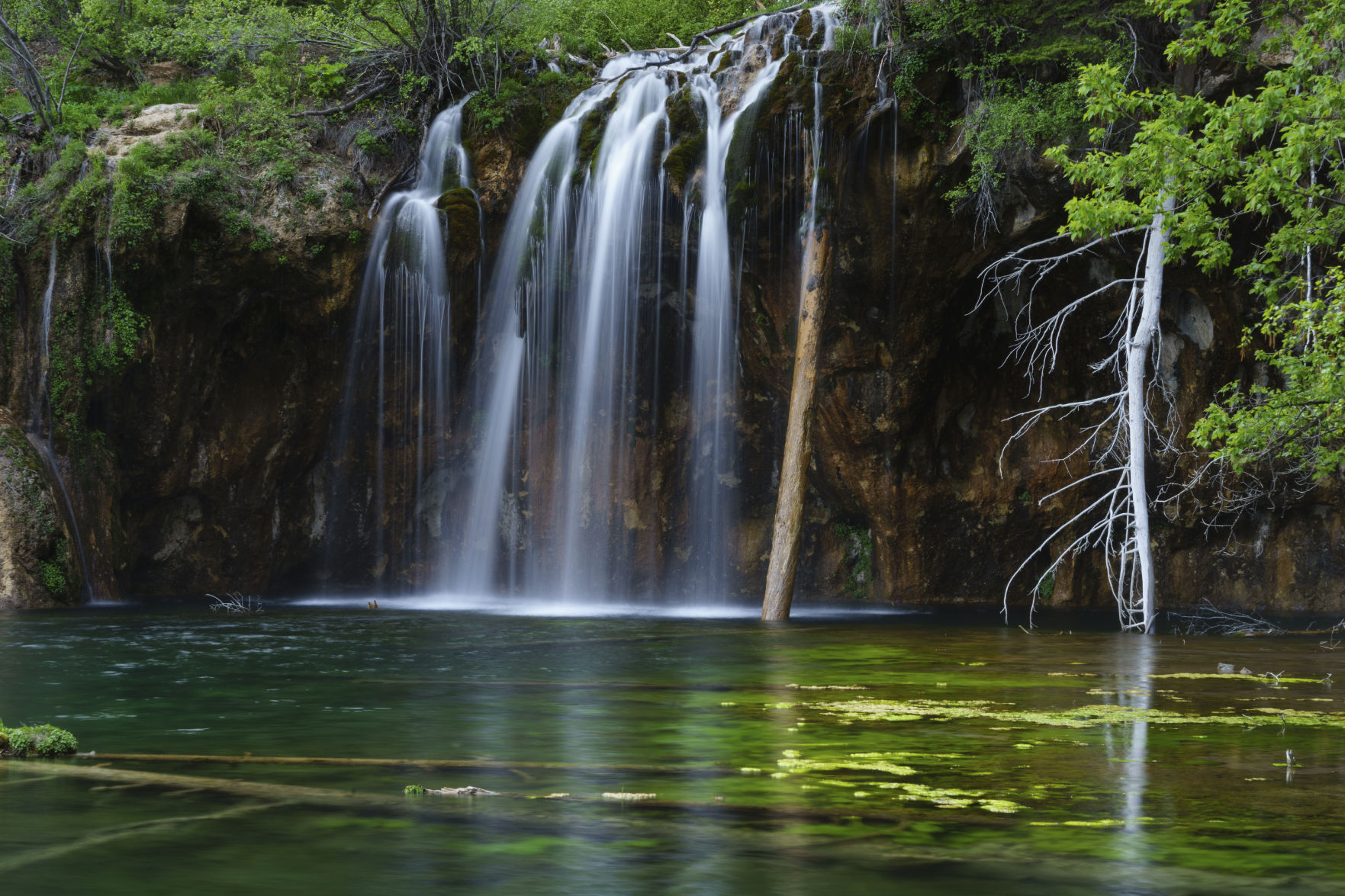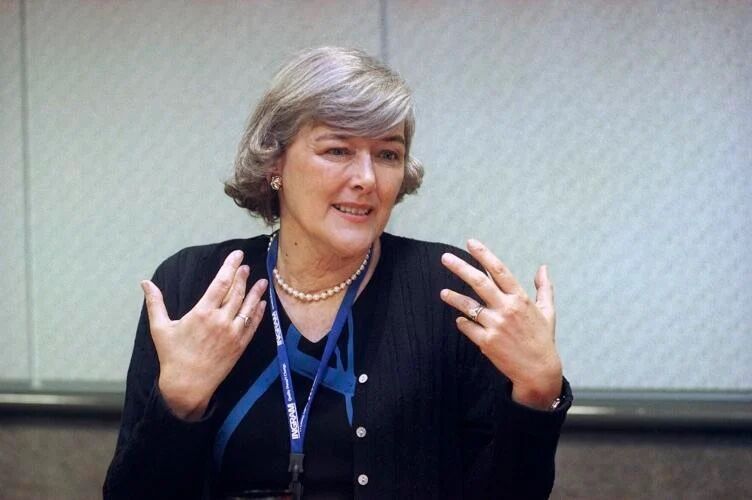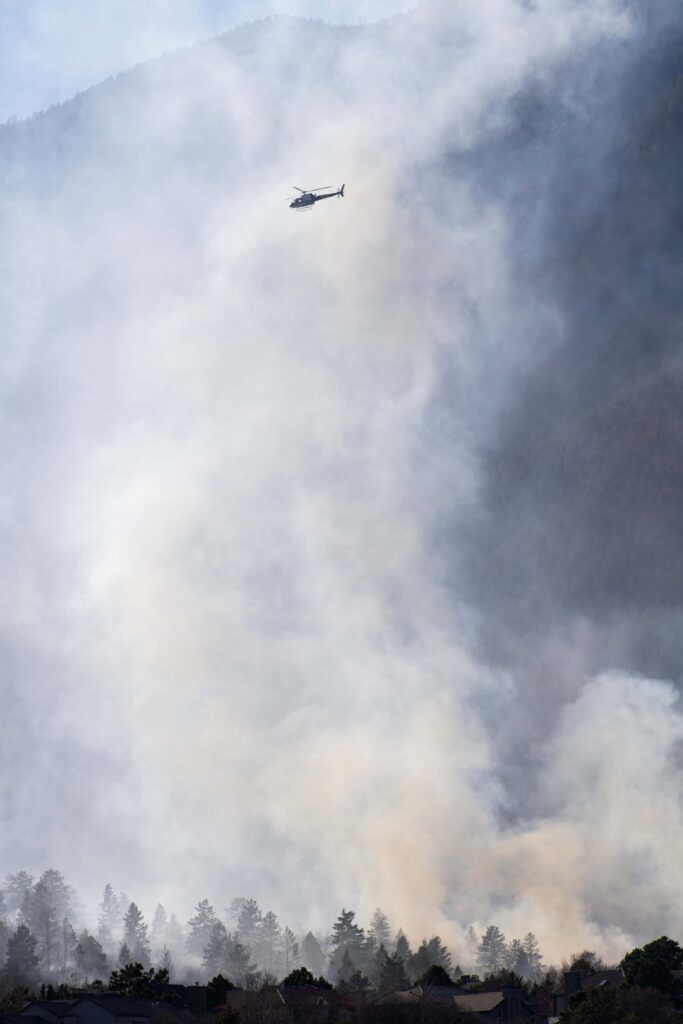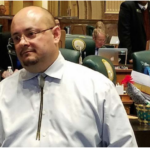Colorado releases outdoor recreation plan despite possible lapse in federal funding

Despite the uncertain fate of one of the largest sources of federal funding for public lands, Colorado went ahead Wednesday with the release of its five-year plan to enhance outdoor recreation and conservation in the state.
“I am reminded daily of the benefits outdoor recreation contributes toward Colorado’s quality of life, economic prosperity, and public health,” Gov. John Hickenlooper said in a statement. “The places we love to work, live and play depend on Coloradans to take care of them, and we encourage Coloradans to take greater responsibility and stewardship of our natural and cultural resources.”
Your 2019 Colorado adventure bucket list: 8 great destinations
The document, known as the Statewide Comprehensive Outdoor Recreation Plan, is the third of its kind and required for any state to access funds from the recently expired Land and Water Conservation Fund.
For Colorado, it’s much more, serving as the broad agenda for public and private land management in Colorado, said Bob Broscheid, director of Colorado Parks and Wildlife.
“Certainly the Land and Water Conservation Fund is a critical funding source, with Colorado receiving around $1 million a year from it” he said. “But, the Statewide Comprehensive Outdoor Recreation Plan is a vision for the future that requires all staff and all fund sources to move in the same direction.
“Though we hope Congress reauthorizes the LWCF, it won’t make SCORP irrelevant.”
This year’s plan shifted its focus for the first time to balancing conservation with expanded access to outdoor recreation, the report said. Achieving such a goal requires the state to ensure equitable access to green spaces for all Coloradans, imbue in recreationists an ethic of conservation of natural and cultural resources, protect private and public land and water and preserve funding sources.
The report noted that outdoor recreation contributes $62 billion to Colorado’s economy and the outdoor recreation industry employs 511,000 Coloradans and is one of the largest sectors in Colorado’s economy.
“Whether or not you consider yourself an avid outdoor recreationist, our natural resources and outdoor recreation economy directly impact you as a resident of Colorado,” Broscheid said.
With the state’s population expected to grow by about 100,000 people each year for the next 20 years, though, the demand for outdoor spaces will only increase while the total and per capita acreage decreases.
State officials already have had to place restrictions on access to Hanging Lake near Glenwood Springs and Paradise Cove near Florissant. Both areas saw a boom in popularity in recent years, forcing land managers to require reservations to the former, and impose a fee and parking limits on the latter.
“The state is not getting any bigger, and we’re starting to see smaller conflicts arise,” Broscheid said. “Places are becoming yearlong destinations, and we’re seeing habitats shrinking. These conflicts will only continue unless we all come together and start to have conversations about what is appropriate and not.”
Land managers in Colorado and across the country are also faced with major backlogs in infrastructure maintenance and construction. Some Colorado park officials surveyed for the SCORP indicated financial shortfalls were greater than $3 million each year, though most were below $150,000.
Since 1965, Colorado has received approximately $61 million through LWCF to fund more than 1,000 recreation projects by state and local governments. In 2018, the state received about $1.095 million from LWCF.
Projects in El Paso County aided by LWCF include the Legacy Loop and the Ute Pass Regional Trail.
For the full report, go to http://cpw.state.co.us/Documents/Trails/SCORP/Final-Plan/2019-SCORP-Report.pdf.
Twitter: @lizmforster Phone: 636-0193














